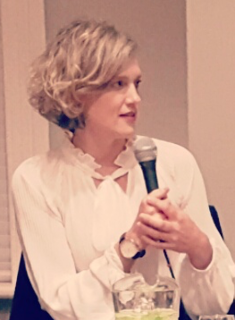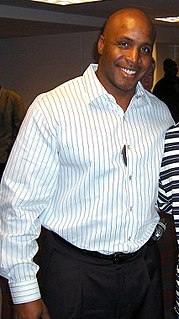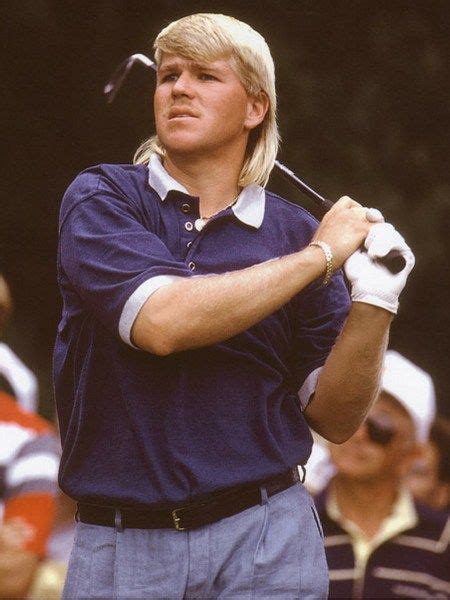A Quote by Heather O'Neill
I had a ludicrous childhood, but I feel that I was able to profit from a lot of the idiotic and unfortunate things that happened to me by turning them into fiction.
Related Quotes
But when I realized it was actually going to be this portrait of the artist, birth to death, I had to then discover who Margaret as a young woman would be. I had to find the different voices for her throughout her life. I had a lot of fun discovering that. I had a lot of fun writing the childhood sections. By imagining her childhood, I was able to come up with this voice that matures as she gets older.
This fact was something I also learned from this first novel that I needed personal experience to invent, to fantasize, to create fiction, but at the same time I needed some distance, some perspective on this experience in order to feel free enough to manipulate it and to transform it into fiction. If the experience is very close, I feel inhibited. I have never been able to write fiction about something that has happened to me recently. If the closeness of the real reality, of living reality, is to have a persuasive effect on my imagination, I need a distance, a distance in time and in space.
You're the hero of your own story. I had let go of my own story from my own childhood and whatever anger I had and I began to see it from a very different place. It's really easy to be like "This thing happened to me! Look what they did to me or are doing to me." These are such powerful ideas and it's so easy to hold onto them forever. When I let go of those ideas it was easier to see my childhood from different points of view.
I don't know anything that gives me greater pleasure, or profit either, than talking or listening to philosophy. But when it comes to ordinary conversation, such as the stuff you talk about financiers and the money market, well, I find it pretty tiresome personally, and I feel sorry that my friends should think they're being very busy when they're really doing absolutely nothing. Of course, I know your idea of me: you think I'm just a poor unfortunate, and I shouldn't wonder if your right. But then I dont THINK that you're unfortunate - I know you are.







































